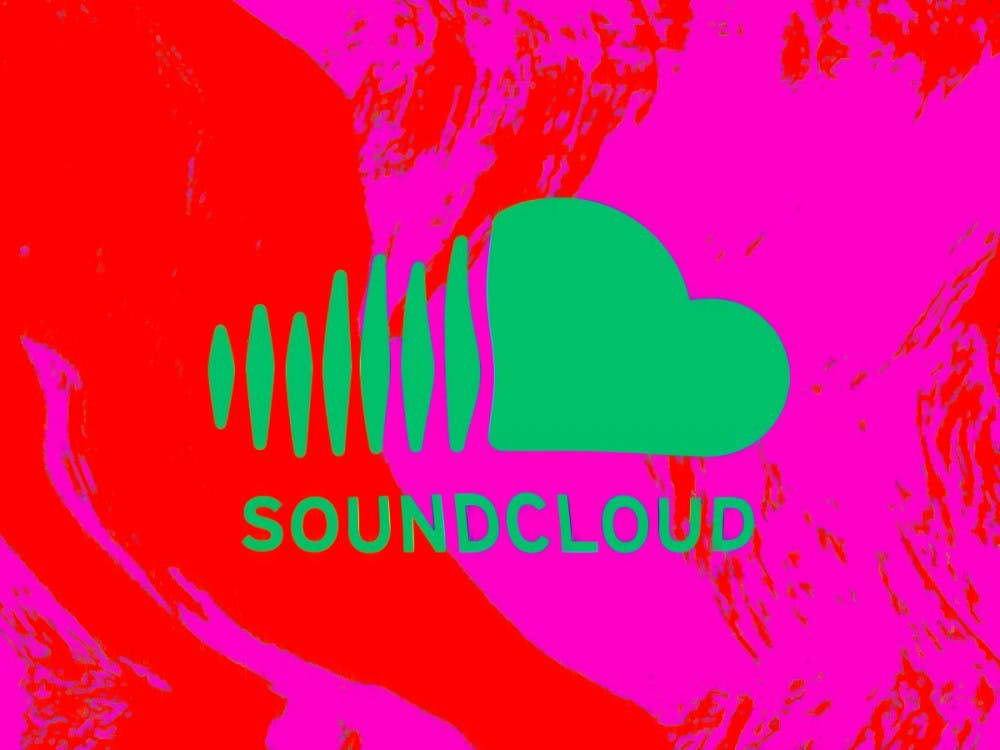Hark! O ye slatts and slimes, welcome to your safe space. In a culture that condescends upon contemporary rap as an art form, enjoying it in jest, or even genuinely as a guilty pleasure, the true fans are ostracized. But no longer! The tides are turning, and being involved and interested in music no longer requires years of music theory classes, nor will it ever again.
In the early 2000s, the then-nascent internet was unmapped, its potential invisible. When some tech-savvy individuals did figure out how to use it to make money, the traditional landscape was ripped apart. This digital Wild West was flooded by opportunists and creative slimeballs looking to make easy money.
Two decades later, the internet has been effectively tamed, locked up by hulking corporations at the expense of digital freedom. But just because the frontier has been closed does not mean the spirit of ingenious entrepreneurship will just die out. It is an energy, and energy can never be destroyed. It merely transforms.
In 2007, when the artist duo Forss created SoundCloud, they could never have imagined that their creation would become the receptacle for untold amounts of that energy, and would go on to change how people think about music forever. SoundCloud is an experiment: It is a mix between social media and music that has attracted 175 million unique users, more than Spotify and 3.5 times more than Apple Music.
The site is marked by the lack of fiscal commitment for its users. The vast majority can enjoy and explore the platform regardless of their socioeconomic background. But the most important thing SoundCloud has done, by far, is to allow anyone to release their music on a completely level playing field: Travis Scott and your eight-year-old cousin can release music in the exact same way. Elitist studies of tonality and the Satanic circle of fifths are being replaced by a fascinating phenomena referred to by many names: trap, mumble rap, trash rap, SoundCloud rap, et cetera.
The creators of the genre are loners, as dreamers often are, who have found a community of people like themselves, who love where creativity has taken them and are excited to see where it leads next. Among them lie dead titans and rich thieves, slimy trolls and savants, fame-hungry children and mid-life-crisis-stricken millennials. These are our heroes. The only thing that unites them is a common belief that SoundCloud can bring them what they desire, whether that be fame, recognition, money or purpose.
This revolutionary egalitarianism has spawned a completely new approach to music. Unless an artist monetizes their music through ads, that artist will never see a dime from SoundCloud. The music industry of the 21st century has been thus far solely concerned with profits, so the idea of free access to high quality music is exciting for consumers and threatening to record labels, radio stations, JAY Z and anyone else whose wallets this little orange app is poised to lighten.
Chance the Rapper, a pillar of early SoundCloud, has only just begun to sell physical copies of his music, and these as novelties. He started on SoundCloud and, as his career took off, he stayed close to his roots. His Best New Artist Grammy win in 2017 was a symbolic acceptance of the next generation of creators who live and die through the web.
The stereotype of the “SoundCloud Rapper” was born in the mid-2010s. These were teenagers who recorded low-effort verses and spliced them into illegally-sampled beats off of YouTube. The early ones tested the waters and devised a formula. Appearance and energy were by far the most important factors. The tattoos moved up their bodies and onto their cheeks and foreheads; the rainbow was poached for hair dyes. What did not matter in the slightest was content or recording quality. When the Xanax-fueled tag team Lil Pump and SmokePurpp first joined forces, Purpp said, “[Pump] was at my house and I made him record his first song, no microphone. He recorded on a headphone microphone.”
And this is far from unique. XXXTentacion, Ski Mask the Slump God, Ugly God, Lil Yachty, Lil Uzi Vert and scores more started their musical journey by listening to a beat their friend made in FL Studio in 10 minutes and freestyling into their iPhone mic. As kids see people their age garnering fame and living dream lives for work they feel they could do themselves, they tend to try their hands.
This is the modern evolution of punk. The music does not matter so much as the idea, the spirit of youthful rebellion. In pursuit of their dreams, they make fascinating moves, to the point where the true art lies in the processes of creation and growth, not in the product.
Though there truly is no money in SoundCloud, there is an endless supply throughout the internet. For most artists, fame seems impossible, and they milk their moment in the sun for as long as people are paying attention. While this seems grubby and antithetical to the idea of free expression, they express themselves through masterful manipulation. If anything is done well enough it becomes art, and they play the game deliriously well.
They make sophisticated business moves without realizing it. From SoundCloud, artists distribute their music to all streaming services, develop an Instagram following, buy shoutouts from other pages, grow further, garner more streams, make more money. They bribe the right people and market themselves, creating a brand, an aura of boisterous apathy. The way they manipulate playlists and meme pages from the couch in their parents’ house before starting on their 11th grade physics homework is nothing short of remarkable.
They call themselves underdogs, but their kennel is full, the cages have been unlocked and the horde is set to destroy everyone who locked them up in the first place.
Get The Chronicle straight to your inbox
Signup for our weekly newsletter. Cancel at any time.

